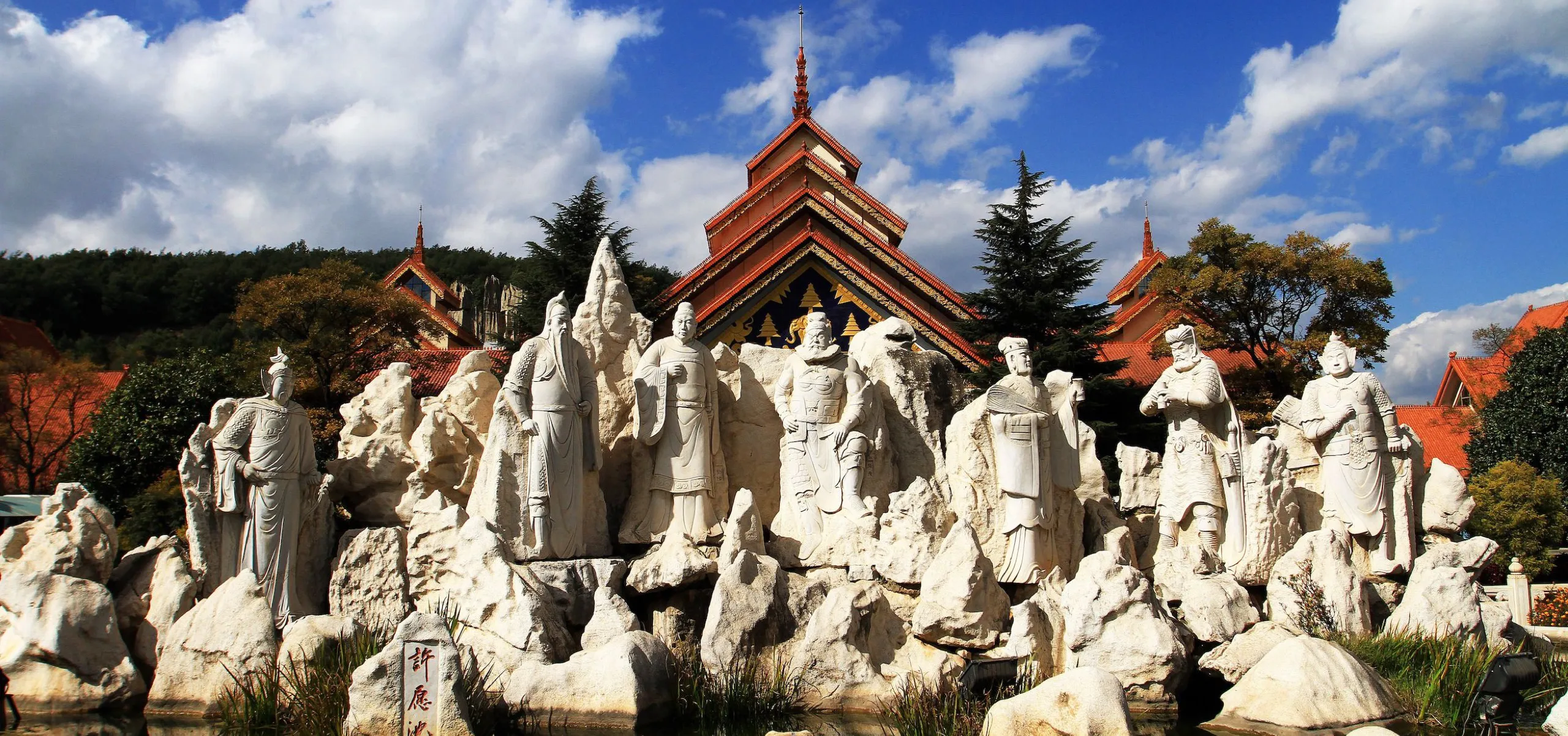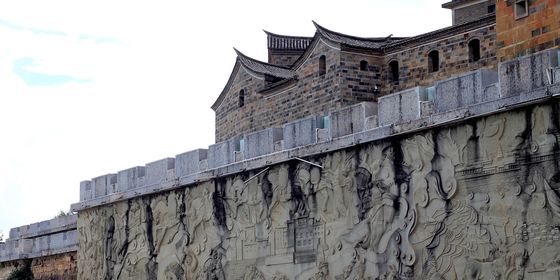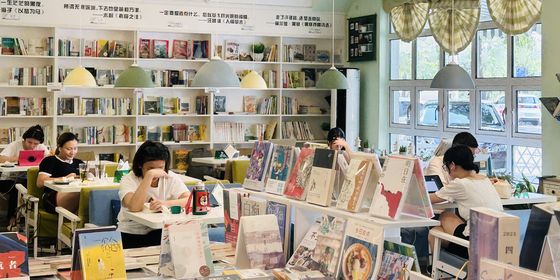'Kunminghua' is a fusion of Ming dynasty official Mandarin and multiple ethnic minority dialects in Yunnan
During the 13th century, Marco Polo called Kunming (which he referred to as Yachi, or “Duck Lake”), “a large and splendid city, where the traders and craftsmen are in plenty.” Nowadays, Kunming, the capital of China's southwestern Yunnan province, thrives as a tourist hotspot and important trading hub between China and the countries of Southeast Asia.
Known as the “City of Eternal Spring” for its year-round pleasant weather and foliage, Kunming is gaining a reputation as an artistic, hipster city with its laid-back atmosphere, artsy communities, and variety of ethnic minority influences.
The languages of ethnic minorities have fused with a centuries old form of Mandarin Chinese to create the unique Kunminghua (昆明话) dialect, which is widely spoken in the city of 6.6 million and across Yunnan. The origins of Kunminghua lie the migration of Han people during Ming dynasty (some of it forced by the Ming court) from eastern China, particularly the then-capital Nanjing, into the southwestern frontier regions. The resulting dialect was a twist on the official language of the imperial court, or Guanhua.
Today, many people in the Yunnan capital flow seamlessly between Kunminghua and their own ethnicity’s dialect in daily life. About 13 percent of Kunming's residents are classified as ethnic minorities, and this proportion has been far higher in the past. Elements of Yi (彝), Bai (白), and other ethnic minority languages have bled into Kunminghua.
The result is a harsh and forceful sounding dialect, regarded as direct and blunt in tone. Many of the dialect's traits remain remnants of the court Mandarin spoken during the Ming dynasty, making Kunminghua an important living memorial to China's imperial past.













